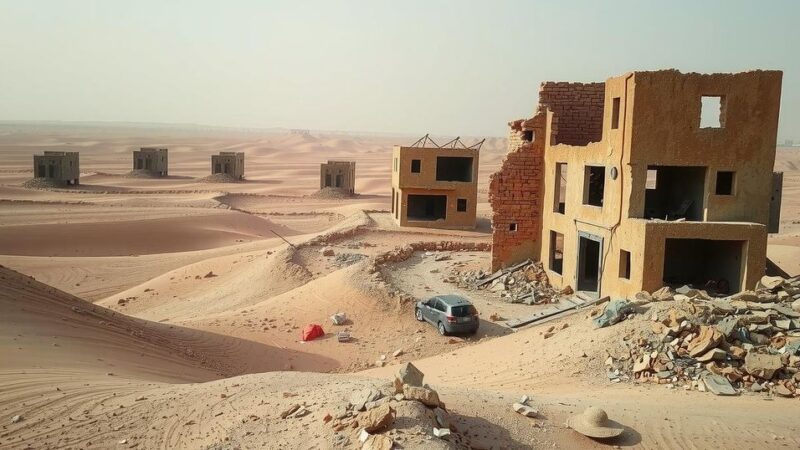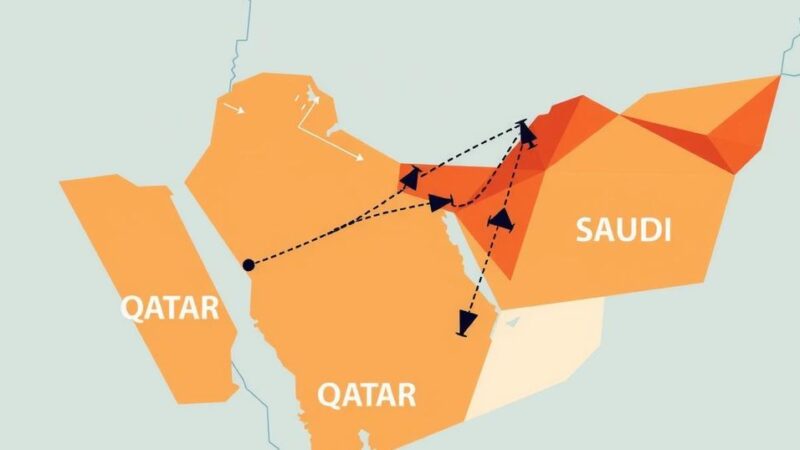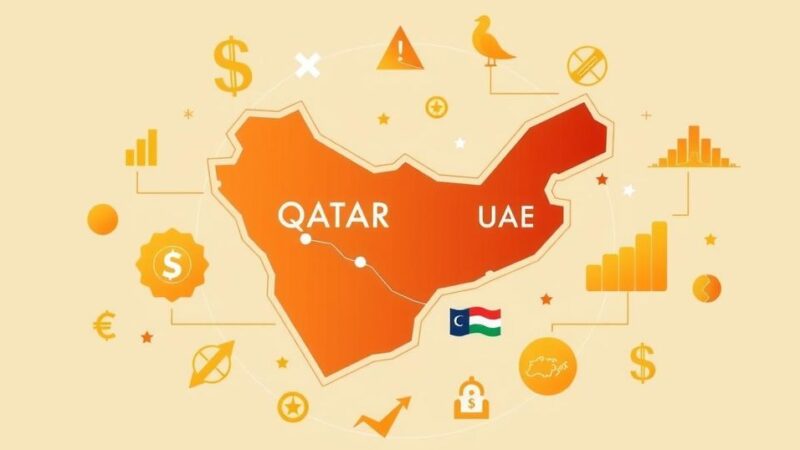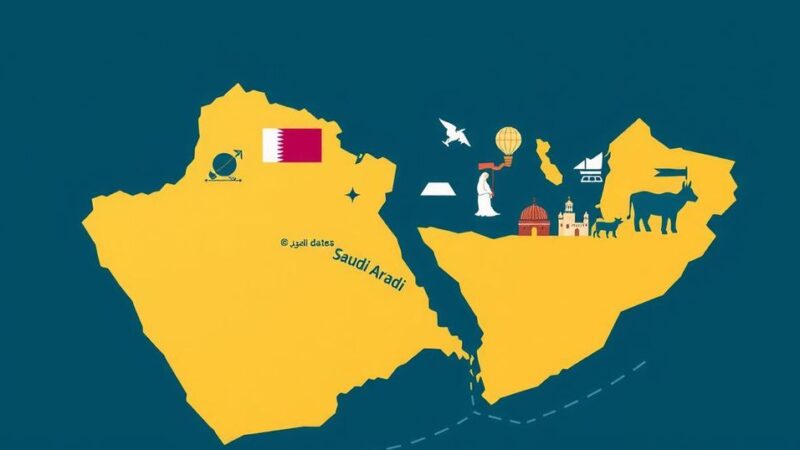Residents in Port Sudan are grappling with exorbitant prices for basic Ramadan necessities due to ongoing conflict. As inflation and currency devaluation persist, concerns grow over food availability, particularly in war-torn regions like Darfur and Kordofan. The humanitarian crisis deepens as traditional Ramadan practices fade in the face of severe shortages and violence, emphasizing the need for urgent aid.
In Port Sudan, residents are facing skyrocketing prices for essential goods as they prepare for Ramadan amidst an ongoing war. The conflict, which has persisted for nearly two years, has led to famine, severe shortages, and widespread looting, overshadowing the spirit of community and generosity typical of this holy month. Prices in local markets have become prohibitively expensive; for instance, a kilo of sugar costs 2,400 Sudanese pounds ($1), while veal and mutton prices soar to 24,000 and 28,000 pounds, respectively.
With an average monthly salary of around $60, many families struggle to afford these inflated prices. Furthermore, public employees in various states have gone unpaid during the conflict. The local currency has dramatically depreciated, with official rates skyrocketing from approximately 600 to 2,400 pounds to one US dollar amid rampant inflation hitting 145 percent in January.
The fighting between rival military factions since April 2023 has resulted in the deaths of tens of thousands and displaced over 12 million people, contributing to acute food shortages across Sudan. In regions such as Darfur and Kordofan, crucial food supply routes have been severed, leading to devastating famine conditions affecting displacement camps and escalating concerns for survival.
Reports indicate that some individuals in Darfur have resorted to consuming peanut shells and leaves to sustain themselves as humanitarian agencies struggle to reach needy areas. The UN’s World Food Programme has suspended operations in certain regions due to rising levels of violence, emphasizing the dire situation where many families have not consumed a proper meal in months.
UN Human Rights Chief Volker Turk highlighted the impending crisis, warning that hundreds of thousands could perish without immediate aid. He remarked, “Sudan is… on the verge of a further explosion into chaos…” In North Darfur, most local markets have been obliterated due to conflict, and looting continues in other afflicted areas, leaving communities in desperate need.
Despite the ongoing challenges, some volunteers in the capital Khartoum are attempting to distribute limited aid. However, the need far exceeds the available resources, leading to a significant decline in cherished Ramadan traditions. One local resident lamented that the practice of sharing iftar meals has diminished, showcasing the loss of community spirit during this significant period.
The war in Sudan has dramatically altered the experience of Ramadan for residents, marred by inflation, food shortages, and displacement. The escalating prices of basic goods make it nearly impossible for many to uphold the traditions of the holy month. With humanitarian efforts hindered by violence and looting, the urgent need for aid and stability in the region is more critical than ever.
Original Source: www.arabnews.com






